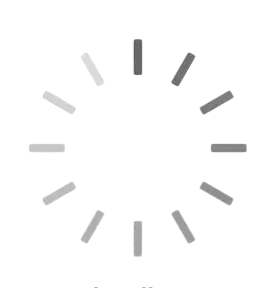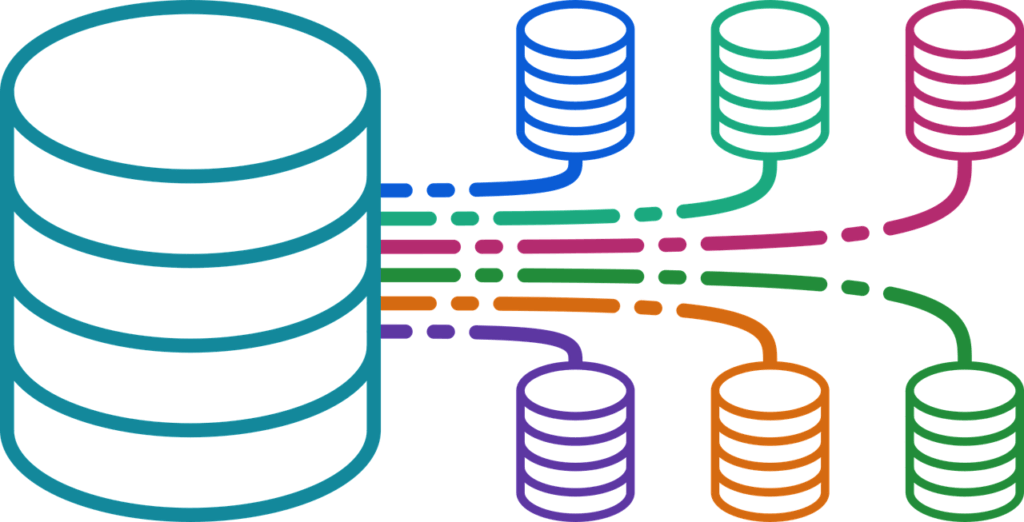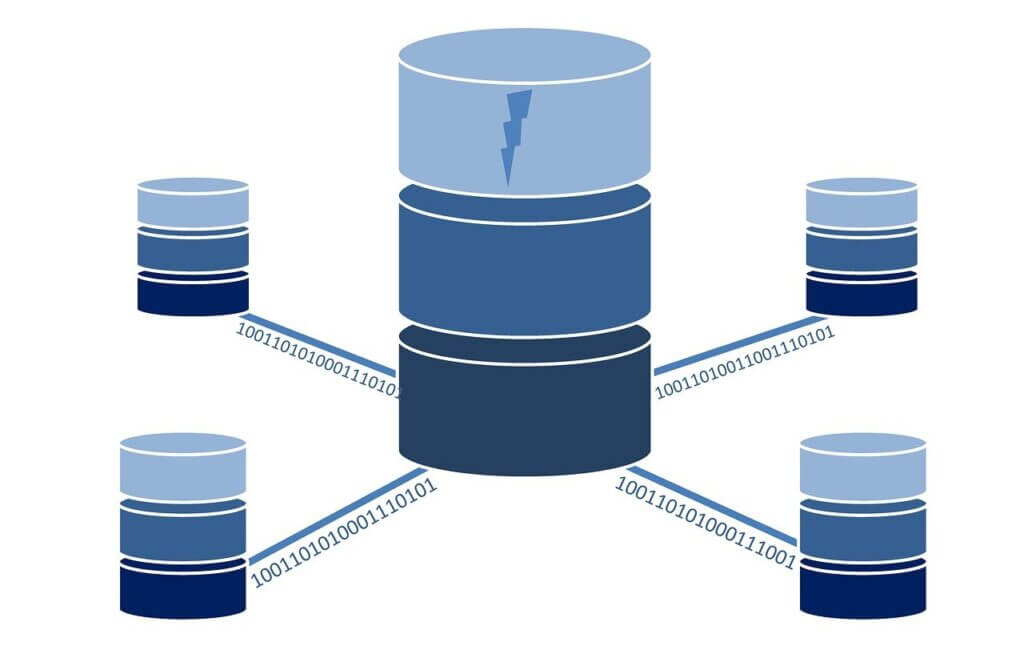DNS, the Domain Name System, serves as the backbone of the internet, translating user-friendly domain names into IP addresses that computers use to communicate. One intriguing aspect of DNS is its preference for UDP (User Datagram Protocol) over TCP (Transmission Control Protocol) for most transactions. But why does DNS favor UDP? Let’s delve into the reasons behind this architectural choice.
Table of Contents
ToggleIntroduction to DNS
Before delving into the specifics of UDP and TCP, let’s first understand what DNS is and why it’s crucial. DNS acts as the internet’s address book, mapping human-readable domain names to their corresponding IP addresses. This translation is essential for establishing connections between devices across the internet.
Understanding UDP and TCP
Brief overview of UDP
UDP is a connectionless transport protocol that prioritizes speed and efficiency. It operates without establishing a connection first, making it ideal for applications where speed is paramount, albeit at the cost of reliability.
Brief overview of TCP
On the other hand, TCP is a connection-oriented protocol known for its reliability and error correction capabilities. It establishes a connection before data exchange, ensuring that packets arrive in the correct order and are retransmitted if lost.
Why DNS Prefers UDP over TCP
Efficiency of UDP in DNS
DNS queries typically involve small amounts of data, making UDP’s lightweight nature preferable. Since UDP doesn’t require establishing a connection, it incurs lower overhead, resulting in faster response times.
Lower overhead of UDP
UDP headers are smaller compared to TCP, reducing the amount of data transmitted over the network. This minimization of overhead is advantageous for DNS, especially in scenarios with high query volumes.
Performance considerations
In real-time applications like DNS resolution, speed is of the essence. UDP’s connectionless nature allows for quicker transactions, making it well-suited for time-sensitive operations.
Reliability factors
While TCP offers reliability through features like acknowledgments and retransmissions, DNS transactions typically don’t require such robust mechanisms. The lightweight nature of DNS queries makes UDP’s occasional loss of packets acceptable in most cases.
DNS Message Structure
Understanding the structure of DNS messages sheds light on why UDP is favored. DNS messages are relatively small and can fit within a single UDP packet, aligning with UDP’s connectionless nature.
Handling DNS Transactions
DNS queries and responses are typically small and don’t necessitate the reliability guarantees provided by TCP. UDP’s quick transaction capabilities make it suitable for these lightweight exchanges, ensuring rapid resolution of domain names.
TCP as a Backup for DNS
While UDP is the primary choice for DNS transactions, TCP serves as a fallback option when necessary. TCP comes into play for larger DNS messages that exceed the size limit of UDP packets or in scenarios where reliability is paramount.
Challenges with TCP in DNS
Despite its reliability advantages, TCP introduces complexities and overhead that may hinder DNS performance. TCP connections require more resources to establish and maintain, potentially leading to increased latency and network congestion.
Conclusion
In conclusion, DNS primarily utilizes UDP due to its efficiency, speed, and suitability for lightweight transactions. While TCP remains available as a backup, its use is limited to specific scenarios where reliability or message size considerations come into play. Understanding the rationale behind DNS’s preference for UDP underscores the importance of protocol choices in optimizing internet communication.
FAQs
- Does DNS always use UDP?
DNS primarily uses UDP for its lightweight and efficient nature. However, it may resort to TCP for larger messages or when reliability is crucial.
- What happens if a UDP DNS query is lost?
If a UDP DNS query is lost, the client may retransmit the query or fall back to TCP for a more reliable exchange.
- Can DNS queries be intercepted or tampered with?
Yes, DNS queries are susceptible to interception and manipulation by malicious actors, highlighting the importance of DNS security measures.
- Are there instances where TCP is faster than UDP in DNS?
While UDP is generally faster due to its connectionless nature, TCP may outperform UDP in scenarios with unreliable networks or significant packet loss.
- How does DNS over HTTPS (DoH) fit into this picture?
DNS over HTTPS encrypts DNS queries within HTTPS packets, offering enhanced privacy and security compared to traditional DNS. However, it operates independently of UDP and TCP considerations.
Do you like to read more Blog content? Read our blogs at PintoraBlogs








